Advertisement
Long recognized for its design-first, privacy-sensitive ecosystem, Apple is now vigorously joining the artificial intelligence race. Although companies like Google, Microsoft, and OpenAI have taken the lead with cloud-based artificial intelligence models, Apple is investing heavily in on-device AI, tailored intelligence, and bespoke AI processors. Its activities mirror a strategic shift that aligns with the bullish investment trend in AI rather than just a tech upgrade. Is Apple the next significant driver in the rapidly expanding artificial intelligence investment scene?

Apple is not releasing large chatbots or universal large language models (LLMs) as Microsoft and Google are. Instead, it is concentrating on including artificial intelligence profoundly into user experience—from Photos to Siri. Apple thinks that paying value comes from privacy-preserving on-device intelligence. The AI of the business whispers—it's working behind the scenes to enhance daily use. Investors seeking stability, control, and a dedicated customer base are paying attention to this unique approach.
Important points:
AI is no longer hype—it's mainstream. Venture capital is pouring into AI startups, big tech stock prices are climbing with each new AI announcement, and enterprise adoption is booming. From medicine to marketing, AI software is redefining productivity and automation. With Apple now sending a strong signal of huge AI aspirations, investors are more optimistic than ever. Apple's entry adds credibility, global scale, and billions in R&D. It's a green light for long-term AI believers.
Key Takeaways:
AI has officially moved beyond the hype—it's now a part of our everyday lives. Venture capital is pouring into AI startups, and big tech stocks are climbing with each new AI announcement. Businesses across various sectors, from healthcare to marketing, are embracing AI tools that are transforming productivity and automation. With Apple making waves with its ambitious AI plans, investors are feeling even more optimistic. Apple's involvement adds a layer of trust, global reach, and significant investment in research and development. It's a clear signal for those who believe in the long-term potential of AI.
Key Takeaways:
Apple has been making strategic moves by acquiring AI companies—over 30 in recent years, including Xnor.ai, which specializes in edge-AI technology. The company is also heavily investing in its own Apple Neural Engine (ANE), designed to enable machine learning directly on devices. They've recently brought on board leading researchers in natural language processing, computer vision, and speech recognition. At WWDC 2025, Apple is expected to unveil Apple Intelligence, a suite of AI-driven features that will include a more intelligent Siri, proactive suggestions, and enhanced cross-device intelligence.
Key Takeaways:
Apple isn't about chasing trends; it's all about creating ecosystems. Investors value its careful and thoughtful approach to AI. While many companies focus on large-scale models, Apple prioritizes privacy, performance, and seamless integration. It has a track record of incorporating new technologies—such as ARKit and Face ID—into everyday life. By weaving AI into the hardware-software mix, Apple is set to achieve widespread adoption without the headaches of regulatory issues.
Key Takeaways:

Apple's custom chips, such as the M1, M2, and M3, come equipped with specialized neural engines designed for quick and efficient AI processing. These chips enable on-device tasks such as photo recognition, text prediction, and gesture control, resulting in reduced lag and improved privacy. Investors are thrilled because this gives Apple a hardware-level AI edge that's tough to duplicate and easier to monetize over time. As AI becomes more prevalent, Apple devices are evolving from mere smartphones into intelligent companions.
Key Takeaways:
Apple might not rule AI headlines but it is silently creating one of the most potent AI ecosystems. Giving first attention to privacy, smooth device integration, and useful user applications, Apple is creating a future where artificial intelligence seems natural and safe. Apple, in contrast to other technology behemoths pursuing trendy innovations, aims to improve user experience by means of careful, on-device intelligence. This deliberate approach is gaining interest and confidence from investors as well as customers. Apple's dedication to privacy and performance could change norms as artificial intelligence gets more entwined with daily life. Apple is obviously not only joining the AI revolution; it may be leading it.
Advertisement
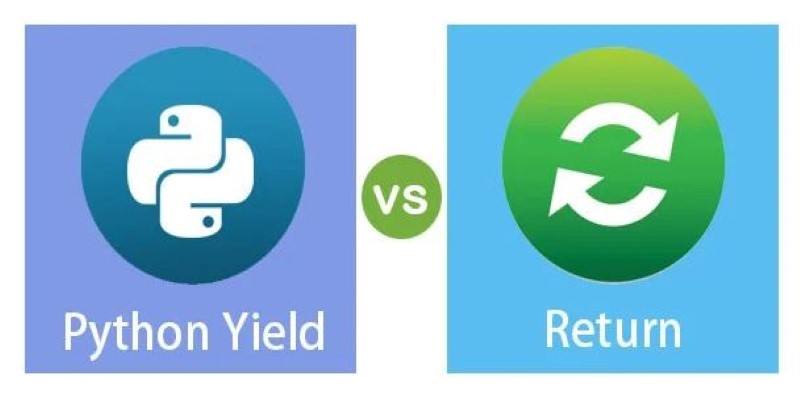
Understand what are the differences between yield and return in Python. Learn how these two Python functions behave, when to use them, and how they impact performance and memory

Discover how Lucidworks’ new AI-powered platform transforms enterprise search with smarter, faster, and more accurate results

Learn everything about file handling in Python with this hands-on guide. Understand how to read and write files in Python through clear, practical methods anyone can follow
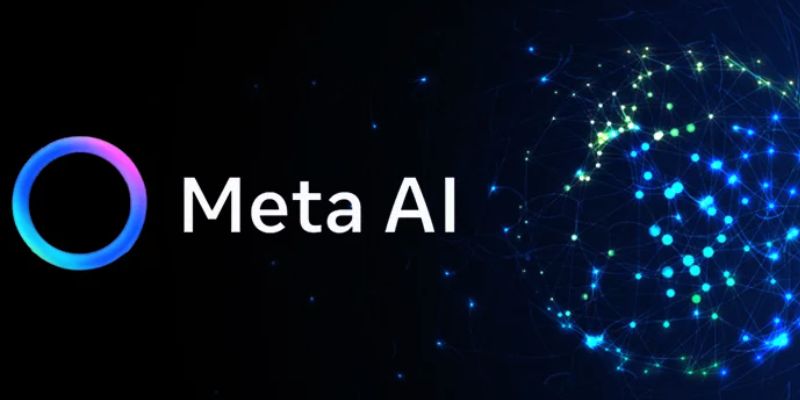
Meta's new AI boosts computer vision tools' speed, accuracy, and ethics across healthcare, retail, and real-time visual systems
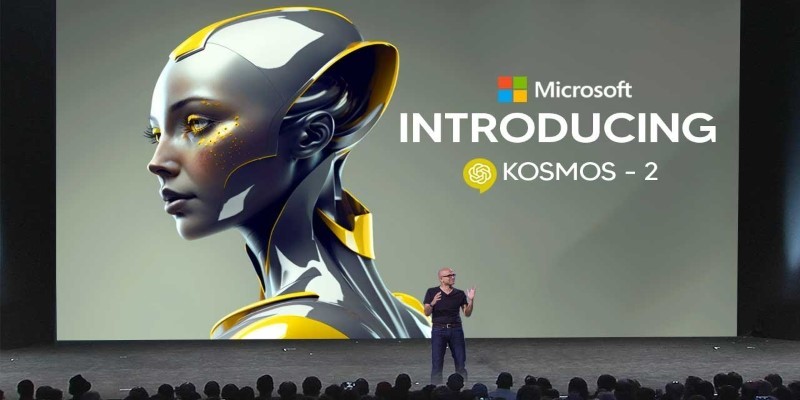
Explore how Microsoft’s KOSMOS-2 blends language and visual inputs to create smarter, more grounded AI responses. It’s not just reading text—it’s interpreting images too

How llamafiles simplify LLM execution by offering a self-contained executable that eliminates setup hassles, supports local use, and works across platforms
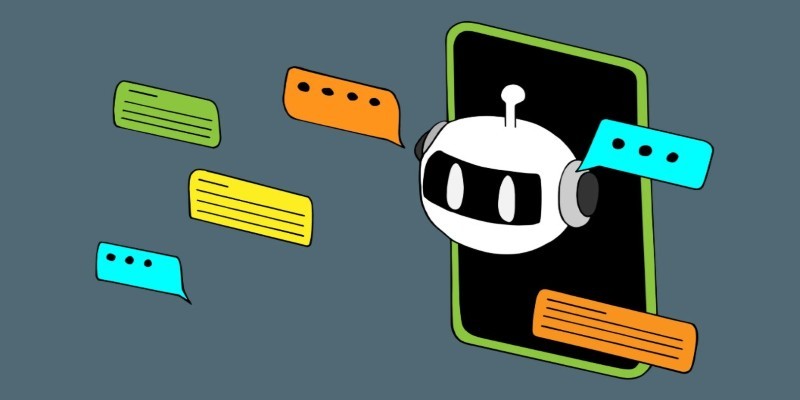
How Introducing the Chatbot Guardrails Arena helps test and compare AI chatbot behavior across models with safety, tone, and policy checks in an open, community-driven environment

How to run a chatbot on your laptop with Phi-2 on Intel Meteor Lake. This setup offers fast, private, and cloud-free AI assistance without draining your system

Discover Nvidia’s latest AI Enterprise Suite updates, featuring faster deployment, cloud support, advanced AI tools, and more
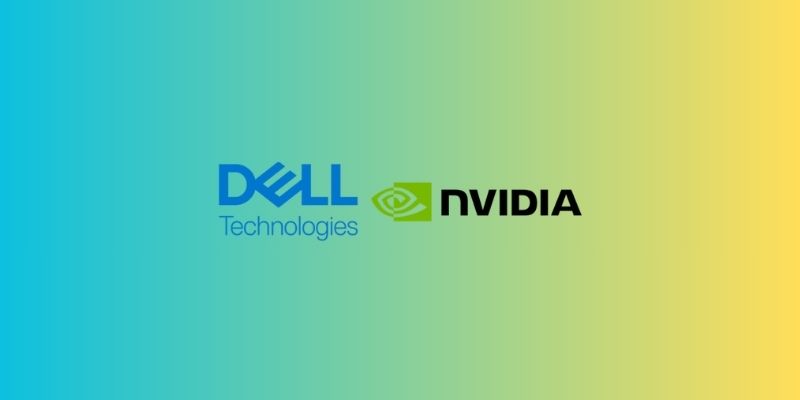
Dell and Nvidia team up to deliver scalable enterprise generative AI solutions with powerful infrastructure and fast deployment

Discover how AI adoption is evolving in 2025, including critical shifts, business risks, and future growth opportunities.
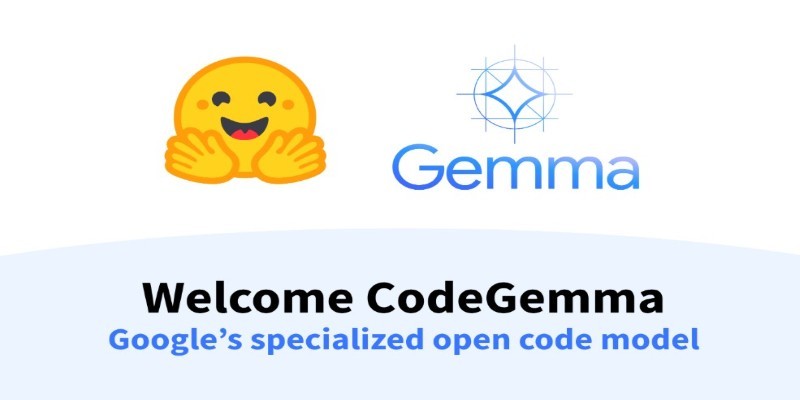
Explore CodeGemma, Google's latest AI model designed for developers. This open-source tool brings flexibility, speed, and accuracy to coding tasks using advanced code LLMs